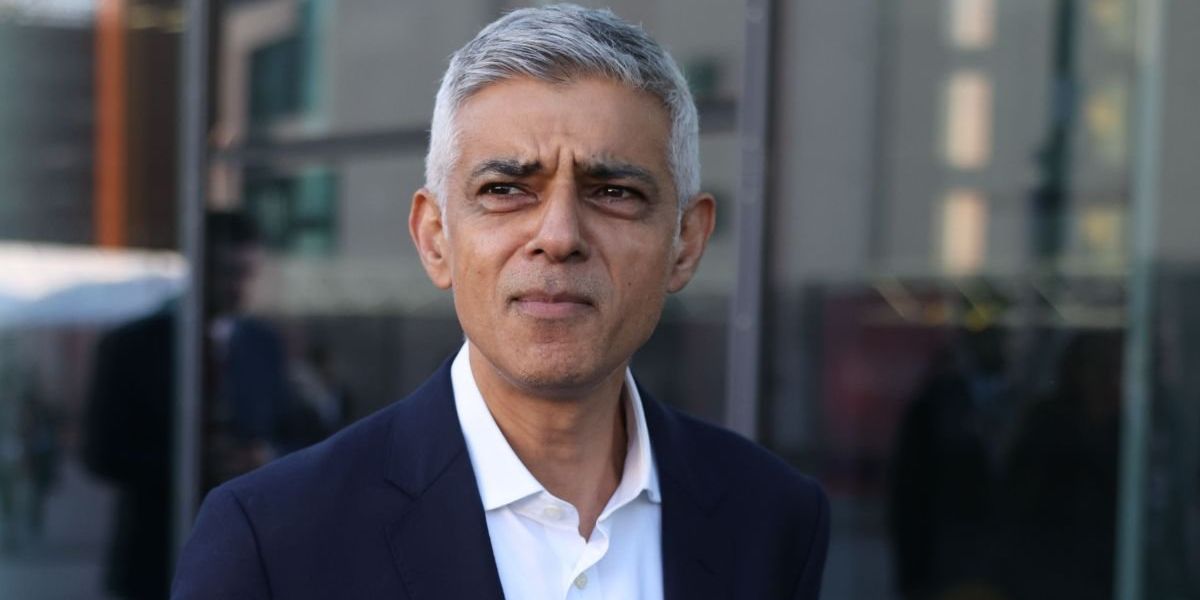Justice Served? Families Grapple with Light Sentence for Fatal Teen Crash

In a case that has gripped the community of Warwickshire, Edward Spencer, a 19-year-old from Newbold-on-Stour, has been sentenced to two years in detention for a fatal crash that claimed the lives of three teenagers. The incident, which occurred in April 2023, saw Spencer's Ford Fiesta collide head-on with a Fiat 500 on Campden Road near Shipston. The victims, 16-year-old Matilda 'Tilly' Seccombe, 17-year-old Harry Purcell, and 16-year-old Frank Wormald, were passengers in Spencer's car, returning from Chipping Campden School in Gloucestershire.
The court heard how Spencer, who had only been driving for six weeks at the time of the crash, was traveling at approximately 64mph in a 60mph zone. Despite his claims of driving 'carefully,' evidence presented showed a history of 'bad driving and showing off.' The tragic outcome of his actions left not only the three teenagers dead but also inflicted life-changing injuries on a woman and two children in the Fiat 500.
During the sentencing, the emotional impact statements from the victims' families highlighted the profound loss and suffering caused by Spencer's reckless behavior. The stepmother of the injured children, who was driving the Fiat 500, expressed her anguish over Spencer's lack of remorse and failure to take immediate responsibility for his actions. 'Had you been sorry for your actions, had you said sorry, had you asked for forgiveness, you would have got it,' she said, addressing Spencer directly in court.
The sentence has sparked a debate on the adequacy of penalties for dangerous driving leading to fatalities. While the legal process has concluded, the families of the victims and the survivors continue to grapple with the aftermath of the crash. The case serves as a grim reminder of the consequences of reckless driving and the importance of road safety, especially among young and inexperienced drivers.




